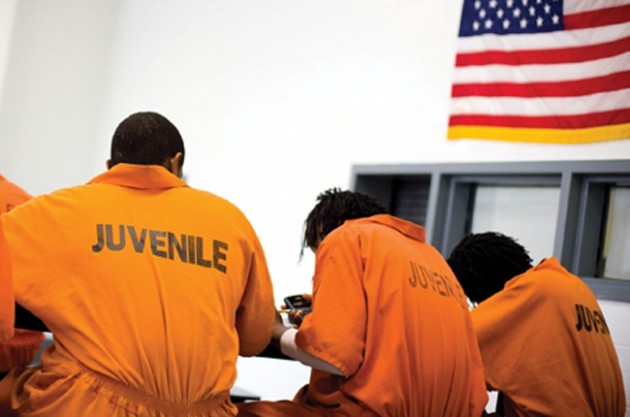Howard University News Service
She wears clothing in layers topped by a tan colored overcoat and a broad black hat atop her head. Back hunched over and legs trembling, it is evident that the simple task of walking has become very exhaustive for her.
With her friend by her side and a walking stick in hand, 80-year-old Beatrice Brown inched towards the Latin American Youth Center in northwest Washington to cast her vote for the next president of the United States.
Her friend, Esther Thompson, 81, had already voted but went back to retrieve Brown who suffers severely from arthritis. Thompson dedicated her vote to Sen. Barack “He stands for everything that is right,” she says.
Both women never thought that they would live to see the day that an African American presidential candidate would actually have a chance of winning the election.
“Not in all the days of my life,” says Thompson.
Growing up in the Great Depression, Brown and Thompson have endured the best and the worst of the African-American experience in America. They have lived through the horrors of a people shackled by racism, lynchings, segregation, the murder of dozens civil rights workers, the dogs and fire hoses in Birmingham, the beatings in Selma, the assassination of the Rev. Martin Luther King and the police brutality that sparked the burning of Los Angeles.
At the same time, they have been carried along with triumphs of their people, the integration of baseball in 1947, the desegregation of public schools in 1954, the Freedom Riders of the 1960s, the Civil Rights Act of 1964 and a galaxy of heroes, Jackie Robinson, Rosa Parks, Fannie Lou Hamer, Thurgood Marshall and now Barack Obama.
As young adults, the native Washingtonians listened to King speak about a dream that he had. Today, Thompson and Brown say they are witnessing King’s dream come true.
This is the 15th election that they have been able to participate in, but this one is more important than any other, Brown said.
“It means hope,” says Brown. “Hope for the better.” Thompson agreed.
“It is bringing people together,” she said. “People are becoming more aware of their surroundings, and the basic things in life such as homes, and food.”
When asked who she was voting for, Brown paused. Soft creases line her face, and the corners of her mouth curled upward into a smile.
“Rocka,” she said, using here affectionate nickname for the Democratic nominee.
Then, hand in hand, they shuffled toward the balloting stations while voters more than a half century younger moved aside and allowed them to walk by, slowly but surely, to the front of the line.


